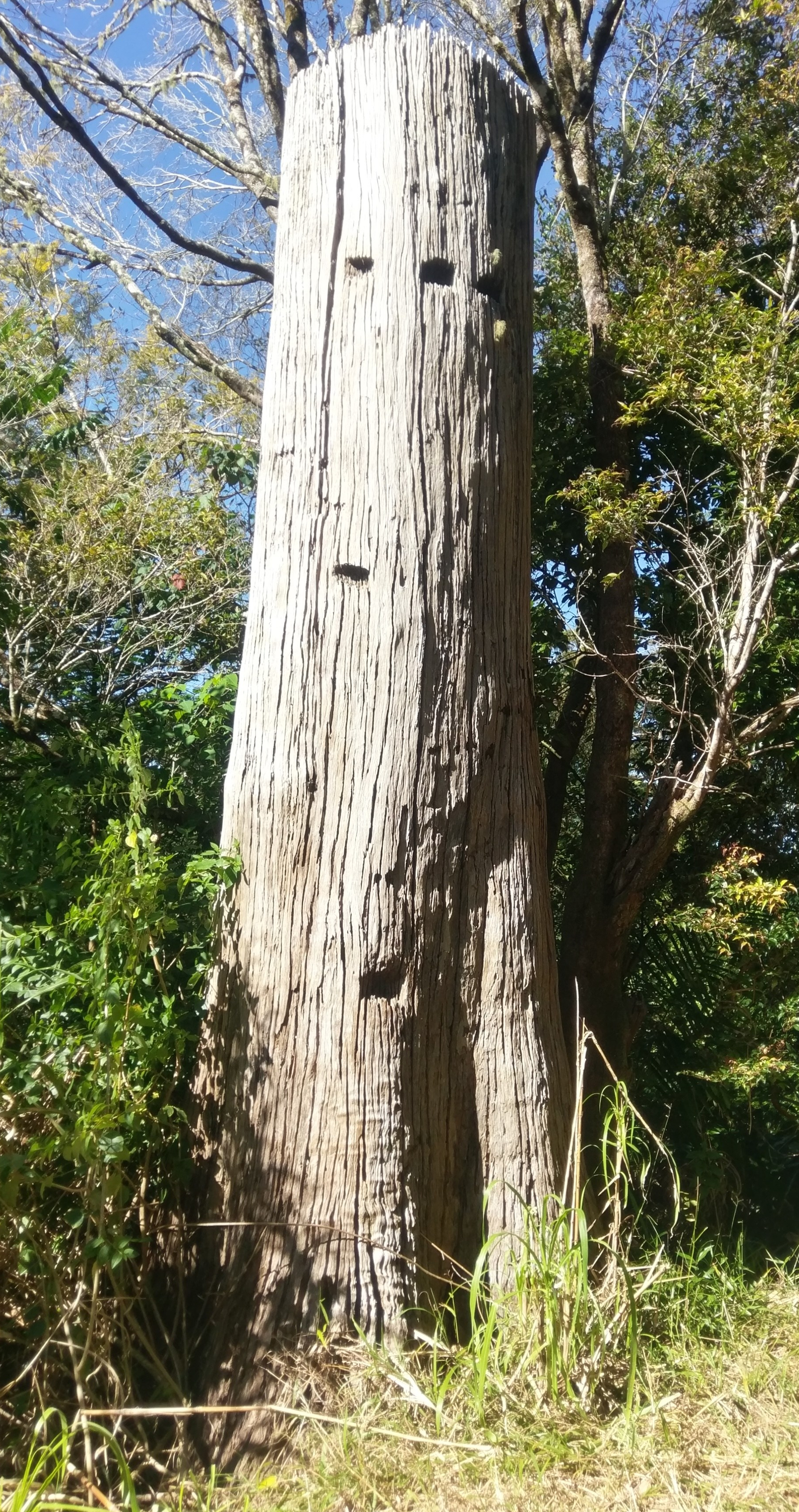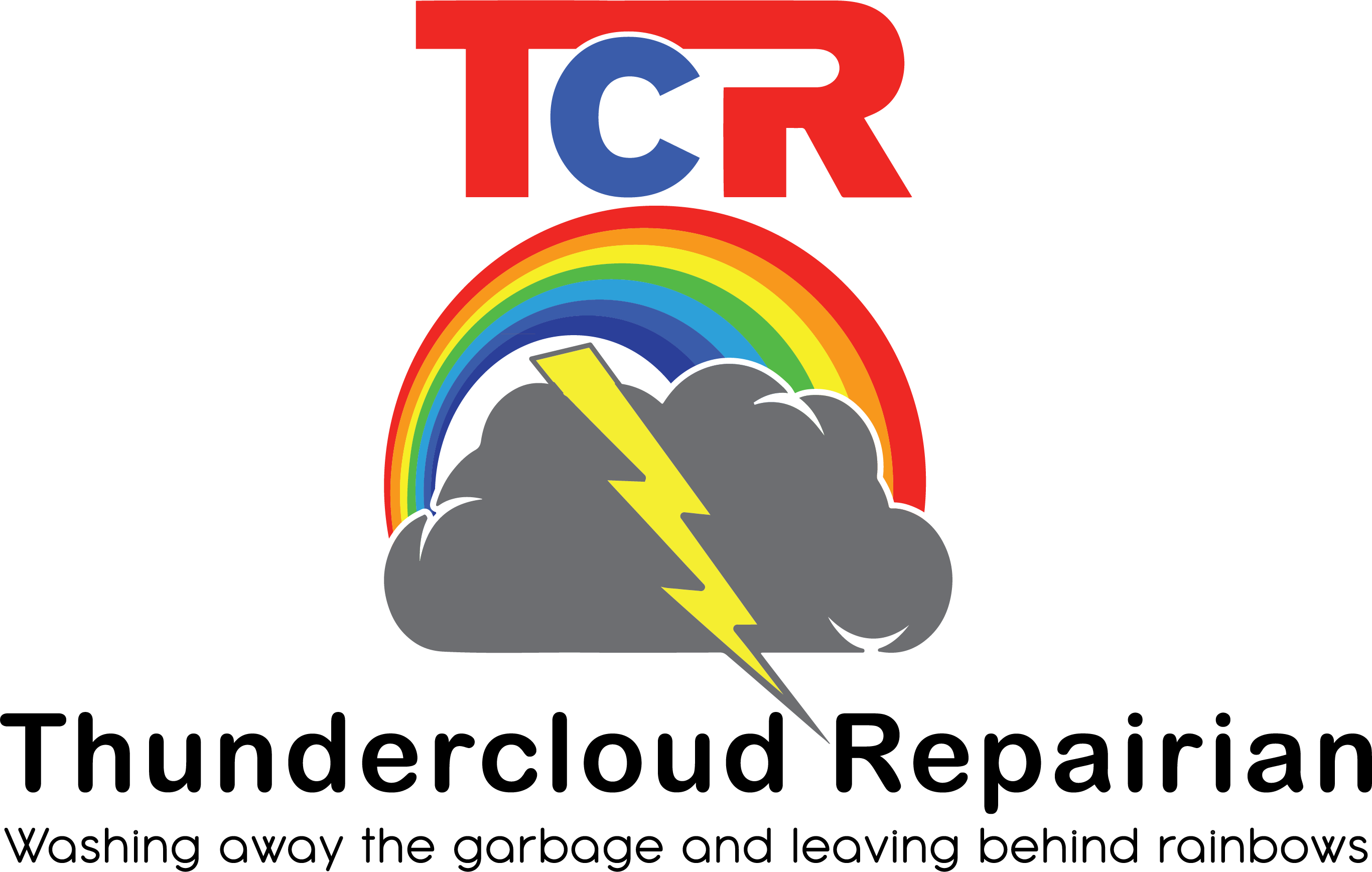I have just finished reading Dr Thomas Sowell’s seminal work, “Intellectuals and Society,” in which the author posits a central thesis that challenges the undue influence of contemporary intellectuals on public discourse and policy. Sowell’s critique rests on several key premises:
1. Epistemological Hubris: Intellectuals, particularly those subscribing to specific ideological frameworks, often exhibit an inflated confidence in their knowledge and proposed solutions to societal problems. This overreliance on centralized planning and state intervention, Sowell argues, can have detrimental unforeseen consequences.
2. Empirical Neglect: He emphasizes the importance of grounding intellectual pursuits in robust empirical evidence and historical context. Criticisms are levied against intellectuals for selective data analysis, neglecting opposing viewpoints, and dismissing inconvenient realities that contradict their preferred narratives.
3. Idealistic Abstractions: The book contends that intellectuals are often drawn to utopian visions of social justice without adequately considering the complexities of real-world implementation and potentially negative downstream effects. Sowell champions a more pragmatic approach focused on achievable improvements informed by evidence and existing institutional frameworks.
4. Collectivist Biases: He criticizes the tendency of intellectuals to prioritize collective identities (race, class, gender) over individual agency, often attributing individual struggles solely to pre-existing systemic factors. Sowell advocates for a greater emphasis on personal responsibility and initiative as crucial factors in individual advancement.
While acknowledging the valuable role intellectuals can play in contributing insights and stimulating debate, Sowell ultimately calls for a more measured and evidence-based approach to intellectual discourse and policymaking. His core thesis prioritizes individual agency and pragmatic solutions over grand ideologies and simplistic diagnoses of societal issues.
However, it’s crucial to acknowledge that “Intellectuals and Society” has generated both praise and criticism. While some celebrate its critique of intellectual arrogance and its focus on historical context and individual agency, others have challenged its broad generalizations about intellectuals, its selective use of evidence, and its perceived ideological bias.
In order to wrap my head around the ides presented, I have written the following parable about an owl who gets rid of all the tree leaves so that the forest floor can receive an equal amount of sunlight.

The Parable of the Owl who thought he knew better.
Or (The double edged sword of intellectual arrogance)
In emerald halls where sunlight dared not tread,
where ancient oaks held secrets whispering low,
Hootah the Owl, with wisdom’s crown upon his head,
Preached of shadows where the forest should not grow.
His feathered form, a tapestry of speckled night,
His voice, a siren’s song in boughs of aged might,
He spoke of trees that hoarded golden rays,
And creatures veiled in gloom, denied their rightful days.
The forest stirred, a ripple of discontent,
From timid mouse to stoic, lumbering ox,
Hootah’s words, a firebrand heaven-sent,
Ignited dreams of light beyond the locks.
He promised justice etched in sunlit lines,
A grand utopia where shadows dared not creep,
With shears of justice and with boughs entwined,
He vowed to banish gloom from slumber’s deepest sleep.
The rabbits danced, their fur ablaze with hope,
The squirrels clambered, eager to enforce the decree,
But Sowell the Ox, wise with seasons’ patient scope,
Felt doubt’s first tremor touch his ancient knee.
He’d seen the scars of grand designs laid bare,
The unintended thorn that grew with borrowed light,
The parched earth gasping ‘neath a denuded lair,
Where once the shade had held the sun at bay just right.
But Hootah’s fervor drowned the whispering fear,
His pronouncements rang like gongs upon the breeze,
And doubt was swept away, a tear uncried, unnear,
As branches were chopped, a sacrifice to sunlit ease.
And for a time, the forest shimmered bright,
The undergrowth, a canvas newly spun,
But soon the cracks of error came to light,
As withered branches mocked the rising sun.
The parched earth cracked, a thirsty song,
The rabbits searched for solace in the dust,
The squirrels clung to limbs, skeletal shadows long,
Their dreams of plenty transformed to disgust.
Then Sowell, voice a rumble from the ground,
Spoke truths etched deep in roots and ancient bark,
“Hootah’s grand design, with fetters tightly bound,
Can only steal the dance of darkness and the dark
Of nature’s own design, where sun and shade conspire
To weave a tapestry where life, in balance, thrives,
No single thread, however bathed in fire,
Can mend the broken loom where every creature strives.”
His words, a balm on fevered forest dreams,
Awoke the doubt that Hootah’s vision hid,
Squirrels’ lost their grip and rabbits’ angry screams,
A barrage of questions, unanswered by the whizz-kid
Hootah, perched upon his throne of withered pride,
Saw shadows creeping back to claim their due,
His grand design, by nature’s hand defied,
His promises dissolved like morning dew.
And so the forest healed, with lessons learned at last,
That harmony, not schemes, will guide the light,
That Sowell’s wisdom, whispered on the blast,
Is nature’s truest song, sung clear and bold and bright.
This tale, a whispered echo in the leaves,
A song of shadows woven with the sun,
Reminds that grand designs, like fallen sheaves,
May wither in the soil where balance has begun.
Can you help the Australian Poetry Film Contest?
Oz on Screen: A Poetry Film Feast in Guyra
Calling all poets and film fanatics! Get ready for the 2024 Australian Poetry Film Festival, a November bash celebrating words on screen in Aussie style. Imagine outback landscapes in motion, love poems whispered by waves, and bush ballads brought to life with modern magic.
This Guyra event welcomes everyone – young, old, poets, filmmakers, all! We especially love fresh takes on our rich bush poetry tradition. Think vibrant images, powerful verses, and stories that crackle with Aussie spirit.
Plus, the festival joins forces with “Poets on the Mountain,” so expect workshops, panels, and screenings under starry skies. It’s a creative melting pot where you’ll meet passionate folks and see the future of storytelling unfold.
But to make this poetry party pop, we need your help! We’re crowdfunding to boost prize money for Best Australian Poetry Film, Best Bush Poetry Film, and even Best Student Poetry Film. Every bit fuels filmmakers’ dreams and lets them share their visions with the world.
So, whether you write rhymes, love movies, or just adore Aussie tales, join us! Submit your film, donate to the cause, or simply come to Guyra in November and witness the magic. Let’s bring poetry to life, one frame, one verse, one epic story at a time!
For film submissions and crowdfunding details, visit:






